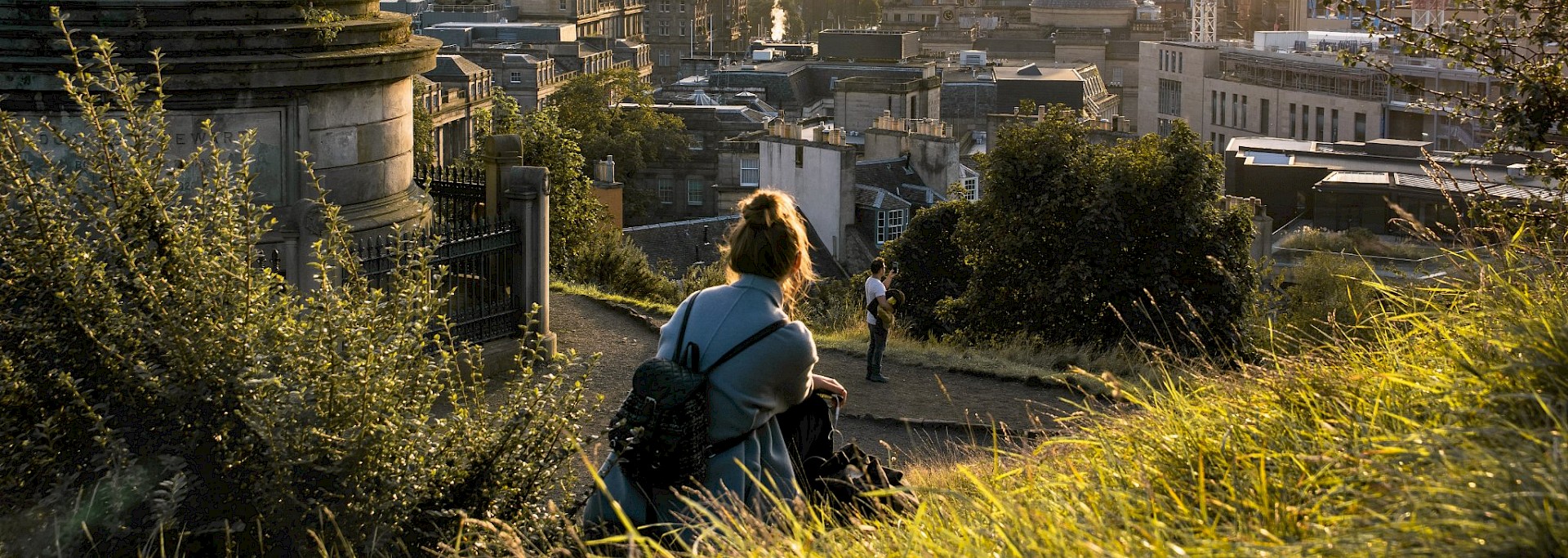As card payments are an ever-popular payment method in favour of cash, this impacts how customers make a tip when they want to reward good service.
For tips still paid by cash direct to the employee, if your employees are allowed to keep them, you do not need to report this to HMRC through the employer’s payroll, however, your employee is responsible for ensuring that they pay any income tax due on the tips.
When the employer collects the tips before distributing to employees, including any tips paid by card (there is usually an optional tipping function available on card machines), the tips paid to staff would need to be reported via payroll, with any income tax and National Insurance deductions made, just like wages.
It is possible to set up a ‘tronc’ scheme, which is when another person (e.g. an employee, but not a Director of the company), known as the ‘troncmaster’ is responsible for distributing the tips and managing a separate payroll. From a tax point of view, the only benefit of a tronc scheme over including tips on the employer’s normal payroll scheme, is that there would be no National Insurance due regardless of the amount of the tip, provided that the employer has no involvement in how the tips are allocated to employees (including no involvement in which employees receive it), but the tips would still be liable to income tax just like regular earnings.
An increasing number of businesses such as restaurants are adding service charges to customer bills, either as compulsory or optional charges. If the employer passes some or all of the service charge onto the employee, this will be treated like extra wages, with any income tax and National Insurance sorted through the payroll as normal.
Tips and services charges raise another important tax consideration: VAT. Provided a tip is freely given by the customer, it is outside the scope of VAT; that is, no VAT is charged.
The VAT liability of a service charge depends on whether the charge is compulsory or optional. If a customer is required to pay the service charge, the VAT liability follows that of the underlying supply of the meals, therefore the service charge is normally standard rated (20% VAT) if the business is VAT-registered. If customers have a genuine option as to whether to pay a service charge, it is outside the scope of VAT, therefore no VAT is charged; this would be the case even if the service charge appears on the customer’s bill.
Contact us to discuss any of the points in this article.



